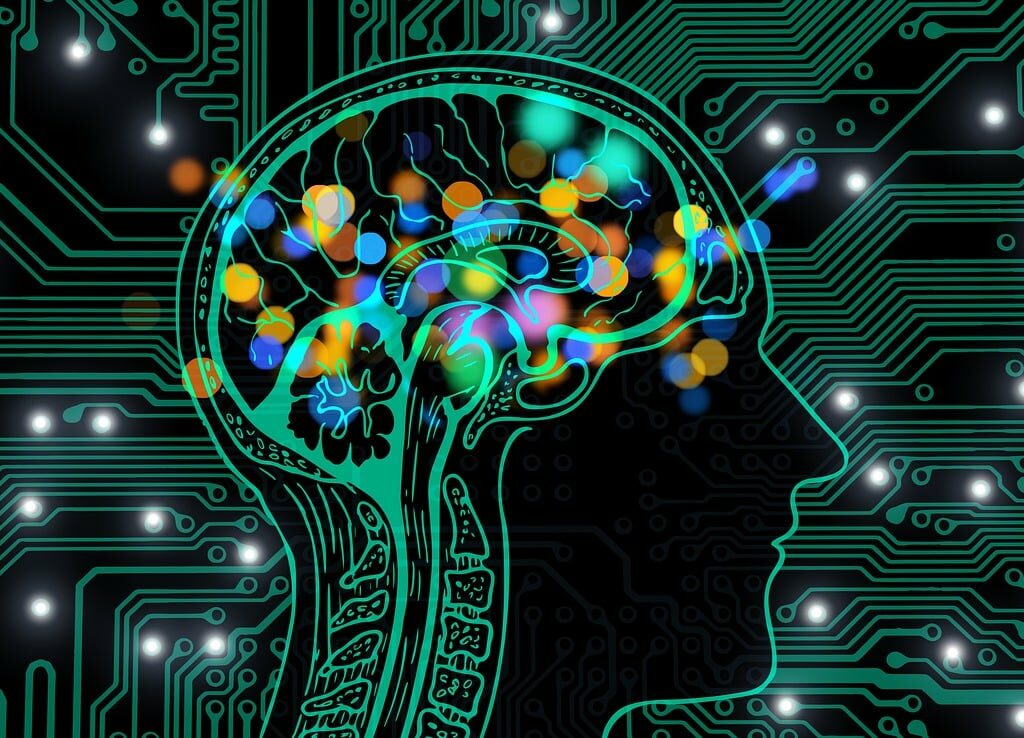Introduction
Artificial Intelligence (AI) is rapidly gaining ground in today’s fast-paced and technology-driven world, revolutionizing various industries, including education. Its integration into the field of learning is transforming traditional methods and shaping a smarter generation. This article explores the rise of AI in education, highlighting its benefits, applications, and potential impact on the future of learning.
Understanding Artificial Intelligence (AI)
To grasp the significance of AI in education, it is crucial to have a clear understanding of what AI entails. Artificial Intelligence refers to the development of computer systems capable of performing tasks that typically require human intelligence. These systems are designed to analyze data, make informed decisions, and learn from experiences, effectively mimicking human cognitive functions.
Personalized Learning Experience
Integrating AI into education offers numerous advantages, with personalized learning experiences being a primary benefit. AI-powered platforms can assess students’ strengths, weaknesses, and learning styles, tailoring educational content to suit their individual needs. By analyzing data such as past performance, interests, and preferences, AI algorithms can create customized learning paths for each student, maximizing their potential and optimizing their educational journey.
Intelligent Tutoring Systems
AI has paved the way for intelligent tutoring systems, significantly enhancing the effectiveness of online learning. These systems utilise advanced algorithms to understand learners’ needs, identify areas for improvement, and provide targeted feedback. With the assistance of AI-powered tutors, students can receive real-time guidance and support, helping them overcome challenges and master complex concepts at their own pace.
Smart Content Creation and Curation
AI algorithms play a crucial role in generating and curating educational content, thereby making it more accessible and engaging for learners. Through natural language processing (NLP) and machine learning techniques, AI can analyze vast amounts of data to create interactive learning materials, including quizzes, simulations, and multimedia presentations. Moreover, AI can curate educational resources from diverse online platforms, ensuring students have access to the most relevant and up-to-date information.
Intelligent Assessment and Feedback
Traditional assessment methods can be time-consuming and subjective. However, AI brings objectivity and efficiency to the evaluation process. AI-powered assessment tools can analyze student responses, grade assignments, and provide detailed feedback instantly. By automating these tasks, educators can save time and focus on delivering targeted instruction to address individual learning needs more effectively.
Adaptive Learning Platforms
Leveraging AI, adaptive learning platforms dynamically adjust the learning experience in real time based on learners’ progress and performance. These platforms continuously analyze data, assess learning outcomes, and adapt the difficulty level and content accordingly. By providing adaptive feedback and challenges, AI ensures that students are appropriately challenged, motivated, and engaged throughout their learning journey.
Enhancing Accessibility and Inclusion
AI holds the potential to enhance accessibility and inclusion in education for diverse learners. For students with disabilities, AI-powered tools can provide personalized support, such as text-to-speech capabilities or visual aids. Additionally, AI can translate content into multiple languages, opening doors to education for non-native speakers and facilitating cross-cultural learning experiences.
Ethical Considerations
As AI becomes more prominent in education, addressing ethical considerations becomes paramount. Safeguarding student privacy, ensuring data security, and promoting transparency are critical aspects that require attention. Additionally, it is essential to strike a balance between AI and human interaction, as personalized learning experiences should not replace the role of educators but rather complement their expertise.
The Future of AI in Education
The rise of AI in education is merely the tip of the iceberg. As technology continues to advance, AI will become more sophisticated, enabling even more innovative educational solutions. Emerging trends, such as Virtual Reality (VR), Augmented Reality (AR), and AI-powered chatbots, hold tremendous potential for transforming the educational landscape. These technologies can create immersive learning experiences, foster collaboration, and provide unprecedented opportunities for interactive and experiential learning.
Virtual Reality (VR) and Augmented Reality (AR) are revolutionizing the way students engage with educational content. VR enables students to step into virtual environments and interact with simulations that simulate real-world scenarios, offering hands-on experiences that enhance comprehension and retention. AR, on the other hand, overlays digital information onto the physical world, enriching learning materials and making abstract concepts more tangible and accessible. These technologies have the potential to transport students to historical events, explore distant lands, and delve into complex scientific phenomena, bringing learning to life in ways previously unimaginable.
Another promising area where AI is making significant strides is the development of AI-powered chatbots. These virtual assistants can provide instant support and guidance to students, answering their questions, offering explanations, and assisting them in problem-solving. AI chatbots can operate 24/7, ensuring that students have access to help whenever they need it. Furthermore, by analyzing user interactions and patterns, these chatbots can offer personalized recommendations and resources tailored to each student’s unique needs and learning style.
However, as AI continues to evolve and become more ingrained in education, it is essential to address certain challenges and ethical considerations. Privacy and data security must be prioritized to protect student information and ensure compliance with relevant regulations. Additionally, it is crucial to strike a balance between AI-driven automated systems and human interaction. While AI can enhance and optimize the learning experience, human educators play a vital role in providing empathy, guidance, and mentorship to students. Therefore, it is important to leverage AI as a tool to augment human expertise rather than replace it entirely.

